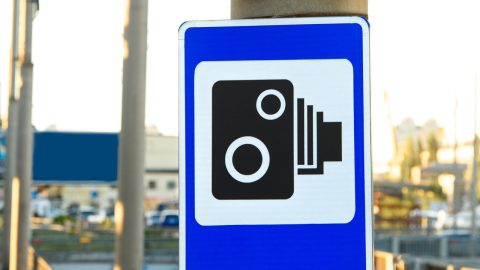Speeding fines in the UK are a common concern for drivers, as they can significantly impact one’s finances and driving record. The penalties for exceeding the speed limit vary depending on several factors, such as the extent of the speed violation, the area where the speeding occurred, and the driver’s previous offences, if any. In our article, we delve into the intricacies of speeding fines in the UK, addressing key questions and highlighting essential information around the popular query “How much is a speeding fine UK?”.
Understanding Speeding Fines in the UK
In the UK, speeding fines are primarily determined by a set of guidelines that take into account the speed limit and the amount by which it was exceeded. The system is designed to be both punitive and deterrent, with the aim of encouraging safer driving behaviours.
1. How Are Speeding Fines Calculated?
Speeding fines are typically calculated as a percentage of the driver’s weekly income, ensuring the penalty is proportionate to the individual’s financial situation. The starting point for fines is usually 100% of the driver’s weekly income, but this can range from 25% to 175% depending on the severity of the offence.
2. What Are the Speeding Fine Bands?
The fines are categorised into bands – Band A, Band B, and Band C – with each band corresponding to the severity of the speeding. For example, exceeding the speed limit by a small margin might result in a Band A fine, whereas significantly higher speeds could attract a Band C fine.
- Band A: This band is for offences that are considered minor. Speeding fines in this category are typically set at around 50% of the driver’s weekly income.
- Band B: Band B fines are imposed for more serious offences, usually amounting to 100% of the perpetrator’s weekly income.
- Band C: The most severe category, these fines can go up to 150% of the driver’s weekly income, often applied in cases of egregious speeding.
3. Minimum and Maximum Fines
There are minimum fines in place to ensure that penalties are not disproportionately low for those with lower incomes. The minimum fine for speeding is usually £100. Conversely, there are also maximum limits to fines, which can reach up to £1,000 for most roads and £2,500 for motorways.
4. Impact of Circumstances and Previous Offences
The court considers various factors when determining the fine, including the driver’s previous driving record and any mitigating or aggravating circumstances. A clean driving history may lead to a lower fine, whereas previous offences could result in harsher penalties.
Frequently Asked Questions About Speeding Fines
If you’re caught speeding, you’ll likely receive a Notice of Intended Prosecution (NIP) and a Section 172 notice. You must respond within 28 days, providing the details of the driver at the time of the offence.
Yes, you have the right to challenge a speeding fine if you believe it was wrongly issued. This process involves legal proceedings, and it’s advisable to seek professional legal advice.
Yes, receiving a speeding fine can impact your insurance premiums. Insurers view speeding offences as an increased risk, which may lead to higher insurance costs.
Speeding fines typically stay on your driving record for four years from the date of the offence. However, the points can only be considered by insurers for the first three years.
Our Take on Speeding Fine Costs
Understanding the nuances of speeding fines in the UK is crucial for drivers to navigate the potential consequences of exceeding speed limits. By being informed about how fines are calculated, the different bands of offences, and the impact of individual circumstances, drivers can make better decisions on the road and avoid the financial and legal repercussions of speeding offences. Always remember, that the primary goal of these penalties is to promote road safety and protect all road users.









